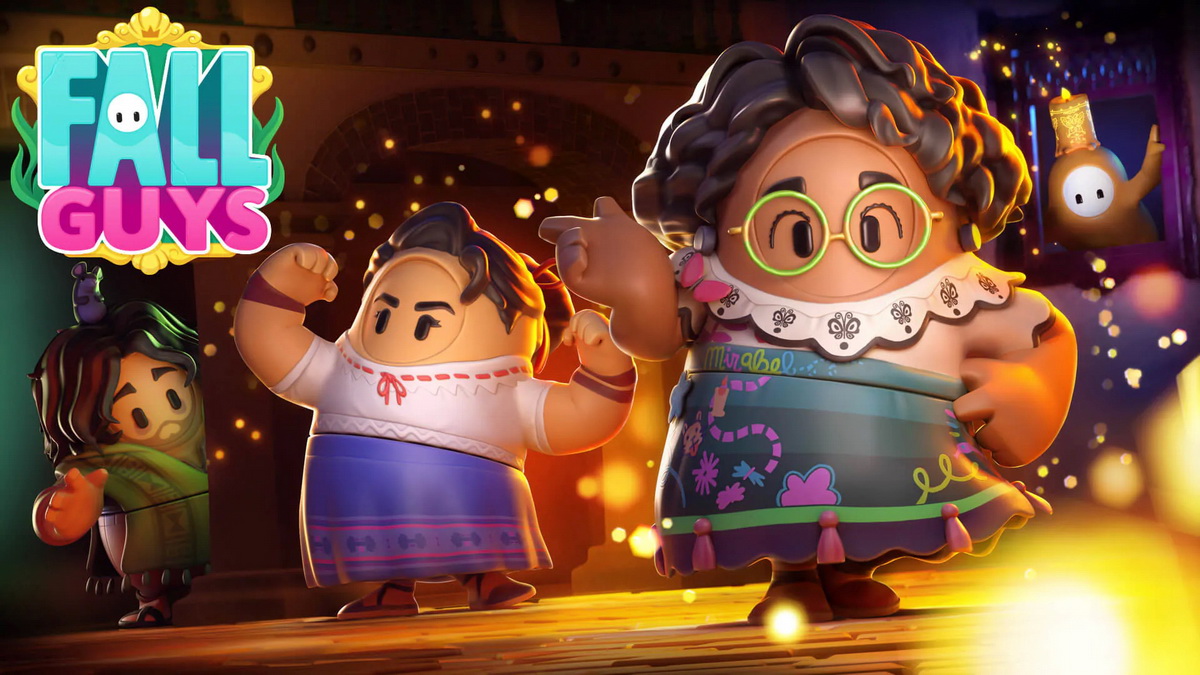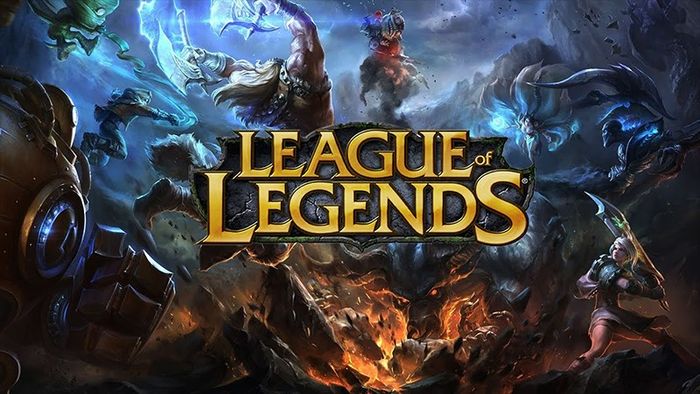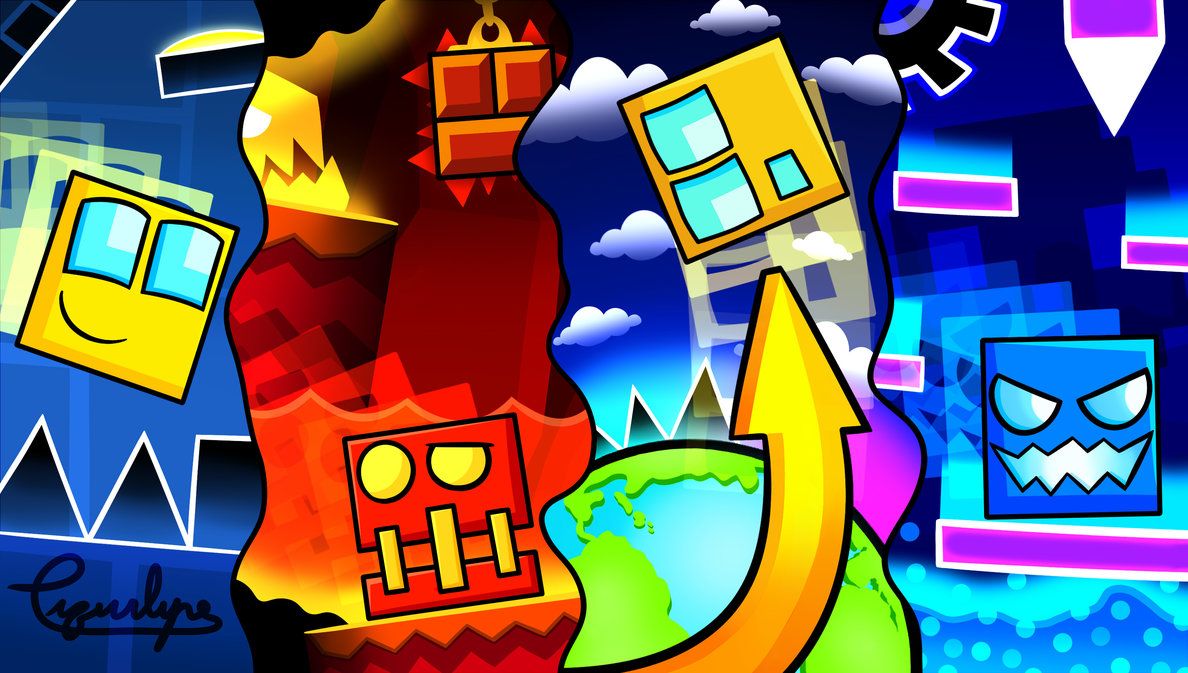Origins and Early History of Call of Duty
Starting in World War II
The original Call of Duty, developed by Infinity Ward and published by Activision, was released in 2003. It was praised for its cinematic storytelling, intense combat, and squad-based gameplay, distinguishing itself from other shooters at the time.
Rapid Growth and Expanding Scope
Following the success of the first title, the series quickly expanded with sequels exploring various wars, including Call of Duty 2 (also WWII) and Call of Duty 4: Modern Warfare, which marked a pivotal shift to modern settings.
Gameplay Mechanics: Fast-Paced and Tactical
Fluid First-Person Shooter Experience
CoD is known for its responsive controls, tight aiming mechanics, and fast movement, providing a smooth and intense FPS experience.
Weapon Customization
The introduction of the Gunsmith system and weapon attachments allows players to tailor their loadouts to specific playstyles, enhancing strategic depth.
Killstreaks and Scorestreaks
Rewarding skilled play, killstreaks provide powerful in-game abilities or support, adding layers of tactical options during matches.
Game Modes: From Campaign to Multiplayer
Story-Driven Campaigns
Each installment typically features a cinematic single-player campaign with scripted missions and memorable characters, immersing players in different conflict scenarios.
Competitive Multiplayer
The heart of CoD lies in its multiplayer modes, including traditional team deathmatch, domination, search and destroy, and battle royale in Warzone.
Cooperative Modes
Co-op experiences like Zombies mode and Spec Ops offer PvE challenges against waves of enemies, adding variety beyond PvP.
Evolution Across Titles and Platforms
Modern Warfare Series
Modern Warfare (2007) revitalized the series with contemporary settings, realistic weaponry, and gripping storytelling.
Black Ops Series
Focusing on covert operations and Cold War themes, Black Ops introduced unique narrative elements and popular multiplayer innovations.
Warzone Battle Royale
Launched in 2020 as a free-to-play mode, Warzone became an instant hit, blending large-scale combat with traditional CoD mechanics.
Cross-Platform Play
Recent titles support cross-platform multiplayer, enabling PC, console, and mobile players to compete seamlessly.
Graphics and Audio Excellence
Visual Fidelity and Realism
CoD games consistently push graphical boundaries, delivering detailed environments, realistic lighting, and character models that heighten immersion.
Iconic Sound Design
The franchise is known for authentic weapon sounds, explosive effects, and orchestral scores that complement the intense gameplay.
Community and Esports
Thriving Multiplayer Community
With millions of active players, CoD maintains a vibrant community supported by developer updates and seasonal content.
Competitive Scene
CoD esports features global tournaments like the Call of Duty League, showcasing top players and teams competing for large prizes.
Streaming and Content Creation
The series enjoys massive popularity on streaming platforms, fostering a dynamic content creation ecosystem.
Criticisms and Challenges
Annual Release Pressure
The yearly release cycle sometimes leads to perceived lack of innovation or rushed features.
Balance and Cheating Issues
Maintaining balance and combating cheating remain ongoing challenges, especially in multiplayer modes.
Narrative Quality Variability
Some campaigns have been criticized for inconsistent storytelling or shallow character development.
Future Outlook for Call of Duty
Continued Innovation
Activision and developers are focusing on next-gen features, enhanced graphics, and expanded cross-platform functionality.
Expanding Warzone
Warzone’s ongoing updates and new content aim to keep the battle royale experience fresh and competitive.
Exploring New Settings
Rumors suggest future titles may revisit historical periods or push further into futuristic warfare.
Conclusion: Call of Duty’s Enduring Legacy
Call of Duty has shaped the FPS genre for nearly two decades through innovative gameplay, immersive storytelling, and robust multiplayer experiences. Its ability to evolve while retaining core mechanics has made it a staple for casual and competitive gamers alike. As the franchise moves forward, it continues to set industry standards and captivate audiences worldwide.
































